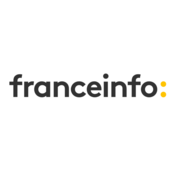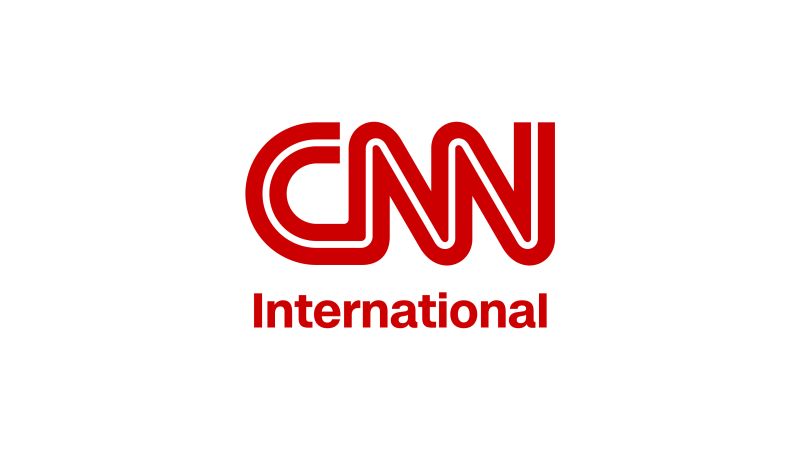
Georgia is working to catch up with Ukraine and Moldova, which are farther along their EU accession path, and the key will be holding orderly elections in October, forming a pro-European government, and implementing EU recommendations, President Salome Zourabishvili told Euractiv in an interview.
The interview was conducted on the sidelines of the Munich Security Conference.
Ms President, your country was granted EU candidate status in December, what impact did this have back home?
I have to underline the fact that this decision on the status was a very important one, giving a new impetus to the population and its support for the European path. We were in a phase in which the first refusal a year ago, was something that left the Georgian population a bit unsure, maybe even insecure.
It was also very important because all the political parties have started to reunite on the European rhetoric, which was not always the case in the past months.
Now it’s very clear that 2024 is not less important than 2023 and that we will need maybe even more concrete steps than what we took before.
What will be the immediate actions Georgia will then focus on?
We have the elections in October and the general understanding is that both – what actions will be taken before the elections, but also the way the elections are going to be held – will be very important in moving to the next step towards the opening of EU accession talks.
The game plan is to catch up with two partners of the [Associated] Trio, Ukraine and Moldova.
If it comes to deliveries on the roadmap given by the [European] Commission, the nine recommendations, it will be a very good sign. I have been calling the different political parties, including the government party [Georgian Dream], to try to present a united front on this issue and to create a European platform everybody can subscribe to. How do we intend to respond to those recommendations? And in what timeframe?
There was a debate before the decision whether this positive opinion could also risk strengthening and in some way proving right the pro-Russian government in its course…
I was always against this perception, which was more debated internally in Georgia than outside Georgia. Because I think that the population knows exactly what it wants, there is no alternative perspective for Georgia. This is something the government has to follow and for the immediate time being, they’re following that.
You cannot govern Georgia against this majority perception, you have to deliver not only because the Europeans are asking it, but because your own population is asking for it.
How do you intend to pressure the government to implement the EU reform recommendations, especially when it comes to polarisation, which has been identified as one of the major issues?
I am not too concerned about [polarisation] in this regard, because nobody knows how to reduce polarisation – none of the European countries, not the United States.
In a way, it will also depend on the [outcome] of the elections. If there is no clear majority and we will have a coalition government – maybe it is time for Georgia to test [that]. And if that is the case, that will be the end of the polarisation, because we will have to learn to govern with one another.
But there are recommendations that have to be followed. Again, the first responsibility is that of the government and the parliament. And we’re going to see what they’re going to do in the coming few months because it has to be very quick.
De-oligarchisation is another pressing issue. European officials are also worried about the return of Mr Ivanishvili: Are you worried this could hamper your chances for EU accession?
He [Ivanishvili] is no longer outside of the spectrum because he is back in the political party, so at least these things are clear. In a way, by coming back, he is taking responsibility for previous policies, and taking responsibility for whatever will happen in the coming months.
Russia is becoming a bigger threat to Europe, the Baltics are worried they can be next. Do you feel that Georgia’s Western partners are taking that threat seriously enough and what else could be done?
It would be a bit awkward for me to criticise the seriousness of the support that is given by the Western partners.
On the contrary, I would say that what is very impressive this time is the solidarity. We are two years after the aggression against Ukraine and the solidarity has not melted down – the €50 billion that was decided by the EU despite all kinds of difficulties, and the European remaining the European Union, not throwing anyone out. The same when it comes to public opinion. It is a war that lasts for two years and we still have the majority of supporters, despite the economic weight.
Yes, there is a need for more because there’s clearly a need for more arms for Ukraine, but it is more questions of production than of will to deliver.
Has the threat perception changed for you?
All in all, the situation is unfolding and the Russian threat has not changed. Those who discovered the Russian threat only today might think that it has changed or increased. This is always the case, wherever they will find a soft spot, they will move – as long as this Russia is the same as we have always known.
The most important thing is that there are no such soft spots. That’s why we want to join the EU and NATO because as long as you’re outside, you’re still in the zone that is not defined as being protected.
How to prepare for potential US disengagement in Europe?
I am a crazy optimist. Whatever the declarations now politically made, I said already that I’m not going to comment on the American politics, because it’s not my place to do so.
But I think that there are constants in foreign policy, America cannot cease to be engaged, especially at a moment in time when things are getting more dangerous. Isolationism is a choice for peaceful times, for prosperity. And right now, I doubt that the American public choice or governmental choice could be to disengage from NATO.
European partners are also waking up to what they have to do which was quite difficult until now to come to terms with. This crisis will be, as most crises before, for the European Union a good wake-up call.









